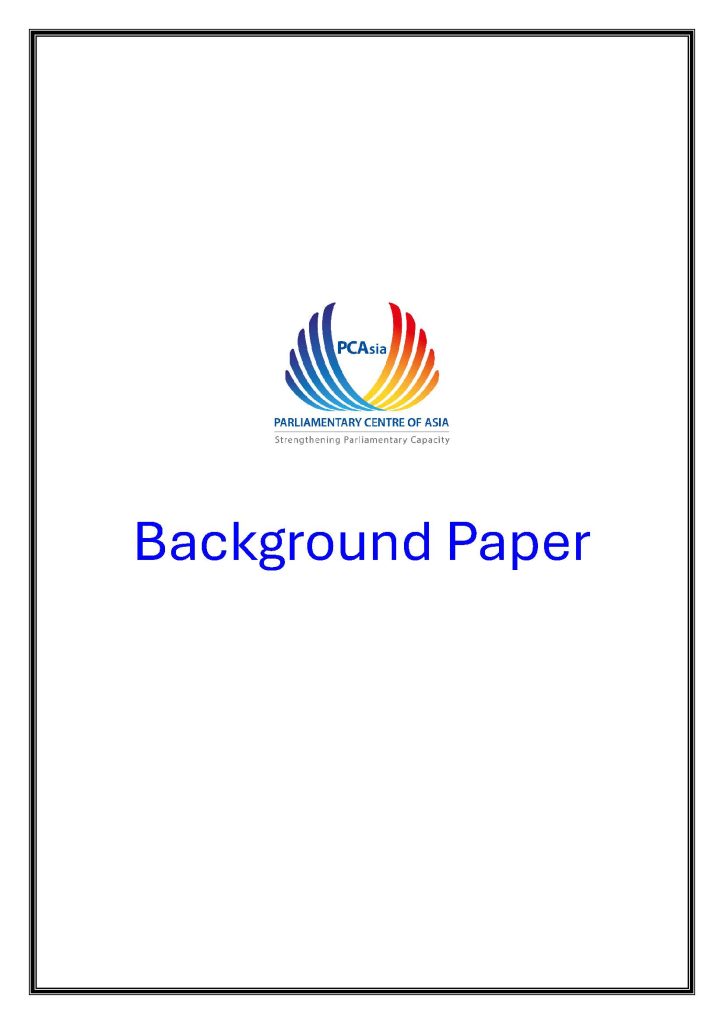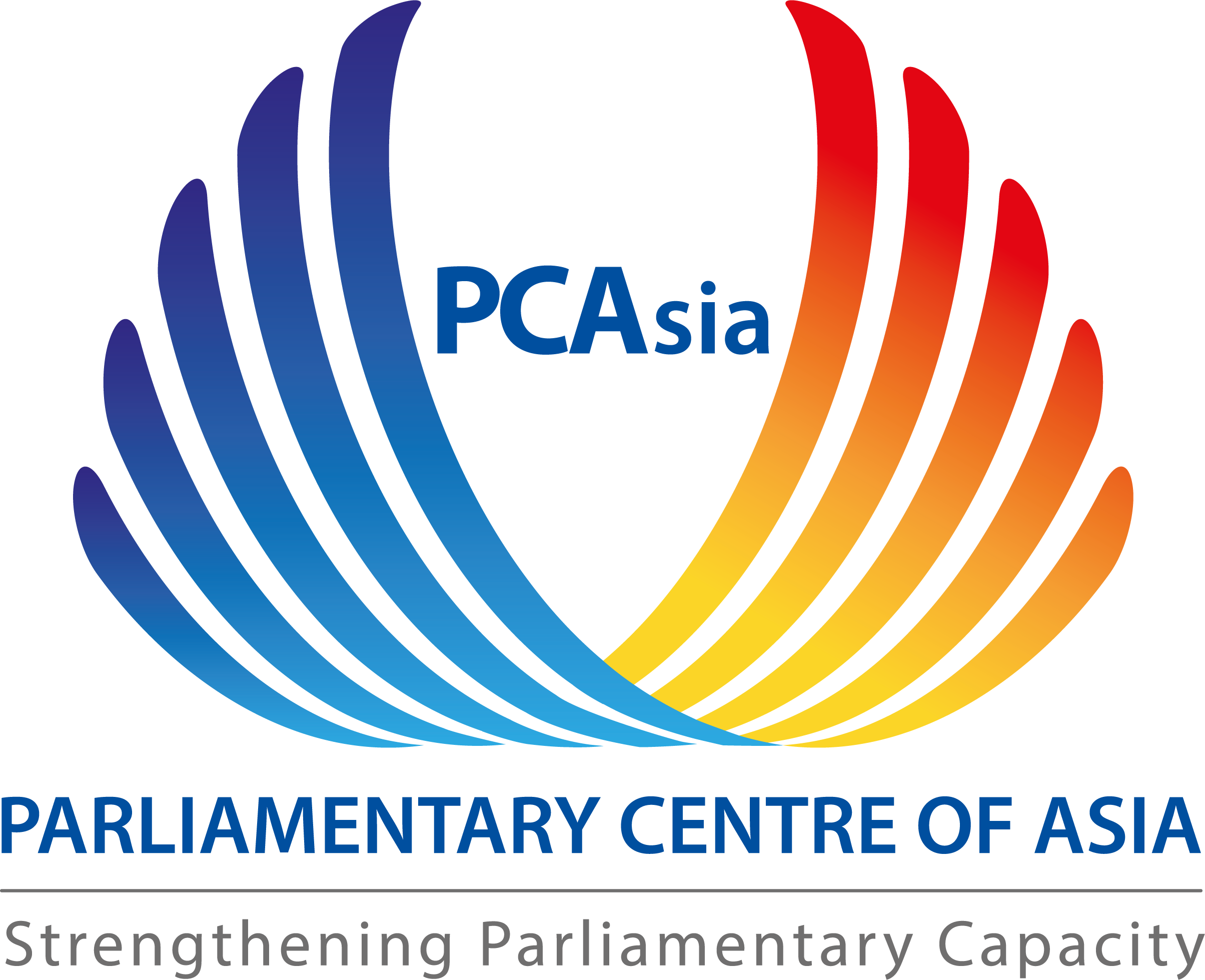Background Paper
Security Context in Asia and Implications for Europe: The Roles of Proactive and Gender-Responsive Parliaments

Occupying 30 percent of the world’s land area and hosting a population of more than four billion [1], Asia is the most diverse continent in terms of politics, economy, and culture. This is due to its vast size, demographic complexity, and historical legacy, inevitably leading to a dynamic yet sometimes problematic geopolitical environment.
Background Paper
Maritime Forces Buildup in Indo-Pacific: Stabilizing and Destabilizing Impacts

Home to two main maritime flashpoints—South China Sea and East China Sea—with great intensity, risks, and enduring great power interests, Indo-Pacific has become the most militarized region. Consequently, military buildup has grown drasticly in terms of richness and pace, especially in maritime domain.
Background Paper
Economic Impacts of COVID-19 in Southeast Asia

The first case of COVID-19 was detected in December 2019 in Wuhan, China [1]. This represented the third outbreak of a human coronavirus, following SARS (Severe Acute Respiratory Syndrome) and MERS (Middle East Respiratory Syndrome) [2]. The virus spread quickly to 123 countries worldwide, with the first death from the infection reported on 9 January 2020.
ASEAN Development Prospective Toward Shared Prosperity in the Post-COVID-19 Pandemic

The COVID-19 pandemic has significantly impacted Southeast Asia, causing global economic disruption and reducing GDP by -2.4. However, it has also created opportunities for new businesses to grow and readjust drivers of global and regional economic growth, as confirmed by the adoption of digital technologies, e-commerce, and online services. This digital economy has pushed for stronger regional integration of ASEAN member states (AMS), as an effective mitigation strategy to control the pandemic.
Youth Political Participation in ASEAN

Recently, the subject of youth participation in politics has come to the world’s attention. Many international institutions have turned their focus on youth in politics; for example, the UN Security Council adopted Resolution 2250 in 2015 on Youth, Peace and Security to encourage the Member States to take into account involving youth in the decision making process…
ASEAN’s Covid19 Recovery and the Nexus for a Green Economy in Climate Change Mitigation

Southeast Asia has a population of $667.3 million USD in 2020, the third most populous economy, and is expected grow to be the fourth largest economy by 2030. By then, the combined domestic consumption of all ASEAN member states (AMS), is estimated to be about 60 percent of its gross domestic product (GDP), and is expected to double to $4 trillion USD wit…
Strengthening production supply chains in the recovery of covid-19 pandemic

The Covid-19 pandemic has caught ASEAN by surprise, evolving from a health crisis into a broader economic and social issue that impacted livelihoods and business activities across the region. Since many manufacturing sectors in AMS have become highly dependent on raw materials sourced from China, consequences were first evident by the disruptions in supply…
The Roles of ASEAN Parliamentarians in Peacebuilding and Global Good Practices

Fundamentally, the paper provides three main aspects as a reference for parliamentary roles in peacebuilding in ASEAN and global good practices. First, there exists clear interconnectedness among key peace-related approaches, including Preventive Diplomacy, Peacemaking, Peacekeeping, and Peace Enforcement, all of which are complimentary to Peacebuilding. As such, a peacebuilding mission is expected to cover many issues, include a wide range of actors, and expand over generations…
Health Sector Responses and Parliament’s Roles in ASEAN: Lessons Learned from the Covid-19 Pandemic in 2020

ASEAN has shown commitment and effort to urge its member states to work collectively to combat Covid-19 through various measures. Despite challenges, experiences from 2020 highlight good practices of ASEAN in response to the virus. There remain some lessons learned for ASEAN improvement, such as a need for multi-sector and multi-stakeholder partnerships and collaboration across borders to address the pandemic and a need for ASEAN as a whole, to continue providing mutual support, capacity building and resource sharing within the region. This paper also highlights the important roles of Parliaments in times of health crisis. citizen’s health.
